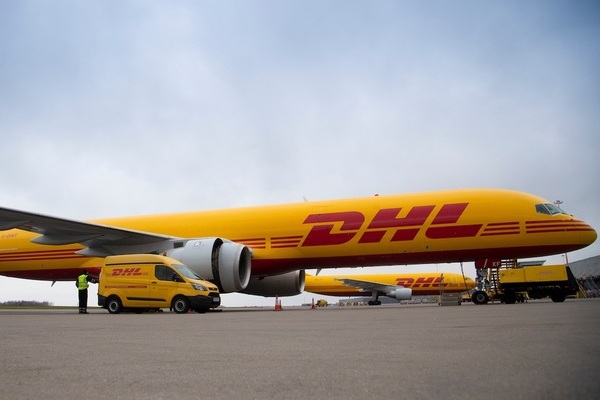Trusted data and analytics can catalyse the response to the climate crisis-November 2021
Climate change is among the greatest risk multipliers facing communities and economies. The devastating effects of physical climate risk from extreme weather events are growing in severity and frequency – provoking profound economic upheaval.
Equally, the financial and social implications of low-carbon transition are unpredictable, disruptive and shaped by policy and investment decisions made today. The transition must be equitably and carefully managed to avoid unnecessary hardships for those affected – otherwise community objections could slow the implementation of net-zero objectives.
The burden on decision makers is overwhelming, but data and analytics are a vital part of giving market practitioners greater conviction in their decisions. Equipped with physical and transition risk data, and analytics that can provide a deeper insight into performance and pinpoint ESG and climate vulnerabilities, organisations are gaining a clearer view of the decisive action needed to address the climate emergency.
The crucial first step in better decision making is granular climate risk disclosure.
Having assessed the progress of 3,800 companies towards adopting the Task Force on Climate-related Financial Disclosures (TCFD) recommendations, we believe companies are steadily advancing on disclosing climate metrics, including Scope 1, 2 and 3 emissions. Their more challenging task, however, is reporting on what this means for future business models and balance sheets.
It isn’t only companies that are struggling. Financial institutions must manage and disclose risks across their lending and investment activities. In response, Moody’s ESG Solutions provides an ever-growing suite of tools to measure and quantify climate risk across large portfolios, including forward-looking exposure to climate hazards, economic scenarios with 80-year horizons and climate-adjusted probability of default models. The ECB’s climate stress testing of Europe’s financial system – facilitated by our data – shows that firms most vulnerable to physical and transition risk could be up to four times more likely to default in a “hothouse” climate scenario. Scenario analysis will improve with climate models that better incorporate social and political variables and narrow the range of possible climate outcomes.
Large companies are one thing, but decision makers can’t expect robust disclosures from SMEs, where ESG reporting is essentially non-existent. Policymakers and investors have, therefore, relied on data providers to bridge the gap with new analytical techniques. By generating predicted metrics for more than 140 million SMEs worldwide, we have enabled market participants to scan for climate risks inherent in their portfolios and supply chains. Leveraging model-driven, machine-learning solutions, the generated scores estimate carbon emission footprints based on company size, industry sector, location and participation in global conventions.
Emerging analytics can inform our understanding of nature, too. Take biodiversity risk: remote sensing technologies including drones, airborne lasers and satellite sensors have begun to provide a high-resolution understanding of biodiversity worldwide, while also clarifying the interrelationship between nature and business. Our research has found that of more than 5,000 large companies assessed worldwide, around 38 per cent have at least one facility associated with habitat loss. Such exposures could become significant risk factors as biodiversity loss climbs the agenda for investors, policymakers and society at large.
Crucially, however, data and technology are only part of the solution: the missing piece is collaboration. At COP26, we urge stakeholders to deliver renewed commitments, and we support the action f inancial regulators, governments and the private sector are taking to better manage, quantify and disclose climate-related financial risk and opportunity. Through innovative collaborations such as the Glasgow Financial Alliance for Net Zero, of which we are proud to be a member, the financial industry can pool its expertise – and enable the urgent transformation needed to tackle our global climate challenges.
www.linkedin.com/showcase/moodys-esg-solutions

by Rahul Ghosh, managing director, outreach and research, Moody’s ESG Solutions

Business Reporter Team
Most Viewed
Winston House, 3rd Floor, Units 306-309, 2-4 Dollis Park, London, N3 1HF
23-29 Hendon Lane, London, N3 1RT
020 8349 4363
© 2025, Lyonsdown Limited. Business Reporter® is a registered trademark of Lyonsdown Ltd. VAT registration number: 830519543





